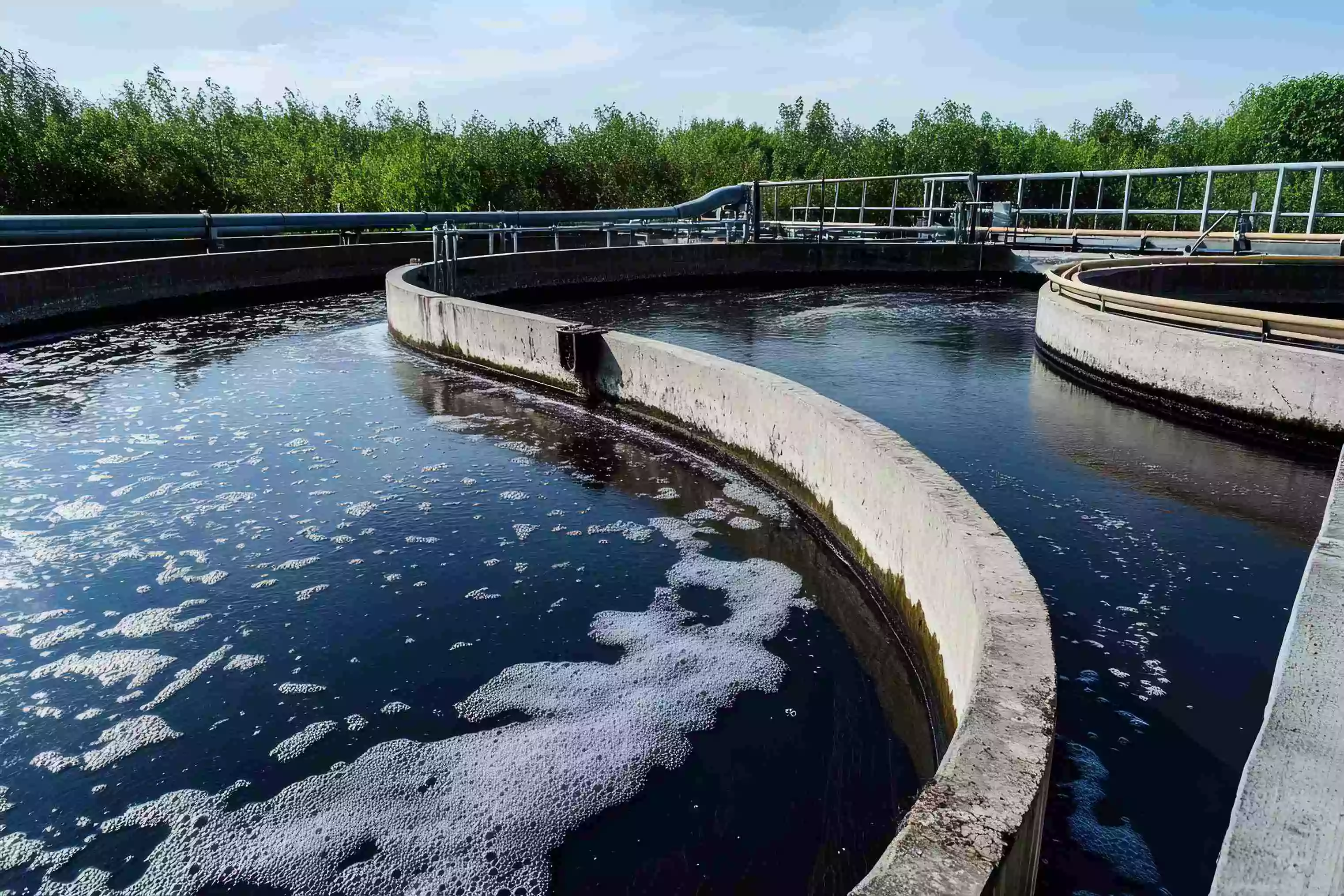
2025-01-31
As the southern Indian state, we, the people of Kerala, maintain its reputation for natural beauty throughout its backwaters. With the quick expansion of both urban development and industries, wastewater treatment has become more of a concern because of the recent development activities. Effective sewage treatment measures stand as essential requirements for Kerala businesses and industries to protect environmental welfare while meeting regulations and enabling sustainable development. Connect with Wastewater Treatment Plant Service Malappuram, Kerala to start an eco-friendly journey.
With the rising population and industrial expansion, it is significant to implement proper wastewater treatment plants to protect our water bodies. Wastewater treatment failure results in the contamination of Kerala's rivers, lakes, and groundwater, which leads to severe health and ecological problems. By implementing a high-performing sewage treatment plant from wastewater Treatment Systems in Kerala, organizations can treat wastewater to suitable discharge standards before environmental contamination.
1. Environmental Protection: When sewage receives no treatment, it causes water contamination, which damages aquatic life and natural ecosystems. The biodiversity of Kerala remains dependent on clean water; its famous backwaters and mangroves depend on clean water. Proper sewage treatment serves to process wastewater prior to discharge, preventing environmental pollution of natural water bodies. Connect with sewage treatment plant service Kerala for further consultation on installing the perfect plant to conserve nature.
2. Regulatory Compliance of the Kerala State Pollution Control Board (KSPCB) carries out strict environmental regulations that business operations must follow. Failure to adhere to regulations leads to penalties that span from financial costs through legal consequences to permanent establishment closure. By installing sewage treatment systems, organizations maintain compliance with wastewater disposal rules to prevent both financial penalties and consequences from government authorities.
3. Public Health and Hygiene: Water polluted with contamination serves as a path for cholera, dysentery, and typhoid disease transmission. Companies that operate in the hospitality and healthcare sectors, as well as food production, need to perform thorough sewage treatment to defend public wellness while preserving hygiene standards.
4. Sustainable Business Practices: Consumers and investors both favor companies that lead sustainable business operations. Serving efficient sewage treatment systems allows industries to cut their environmental impact, thus strengthening their corporate social responsibility and brand image.
5. Water Conservation and Reuse: Summer is when Kerala experiences its biggest water shortage due to periodic drought conditions. The treatment plant facilities enable manufacturing companies to convert recycled water into usable supplies for irrigation and industrial cooling needs as well as various non-potable applications. Sewage foundations provide multiple advantages that protect freshwater quantities while decreasing budgetary expenses.
6. Cost-Effective Waste Management: The implementation of sewage treatment plants demands start-up funding but leads to substantial long-term savings from water purchases and waste elimination combined with reduced environmental fines. Businesses earn financial support from governments through sustainability programs for implementing green waste management approaches.
Several industries in Kerala require proper wastewater management due to their high wastewater generation.
• Hotels and Resorts – To maintain hygiene and prevent water pollution in tourist areas.
• Hospitals—to treat medical wastewater and ensure safe disposal.
• Food Processing Units – To manage organic waste effectively.
• Textile and Manufacturing Units—to reduce chemical contamination in water bodies.
• IT Parks and Commercial Buildings – To support sustainable urban development.
A proper evaluation process should guide businesses toward selecting their sewage treatment plant. To make an appropriate sewage treatment plan selection, businesses need to evaluate capacity along with treatment technology and maintenance requirements; Wastewater Treatment Plant Service Malappuram, Kerala‘s team of experts will help you select the correct wastewater treatment plant for your business.
• Activated Sludge Process (ASP) – Ideal for large-scale operations.
• Membrane Bioreactor (MBR) – Ensures high-quality treated water.
• Sequencing Batch Reactor (SBR) – Suitable for industries with fluctuating wastewater volumes.
• Moving Bed Biofilm Reactor (MBBR) – A cost-effective and efficient option.
To sum up, it is mandatory to install efficient sewage treatment plans for all businesses in Kerala. The implementation of a dependable wastewater treatment process provides businesses with a sustainable solution that protects ecosystems and enables regulatory compliance while improving environmental regulations and public health status and supporting sustainable enterprise practices. Organizations in Kerala must lead active wastewater management initiatives to secure both a sustainable future that keeps our precious water bodies clean and a fresh environment for future generations. When in need of the proper guidance to install a wastewater treatment plant, connect with Watermaq - The Waste Water Management Company in Malappuram Kerala for consultation.